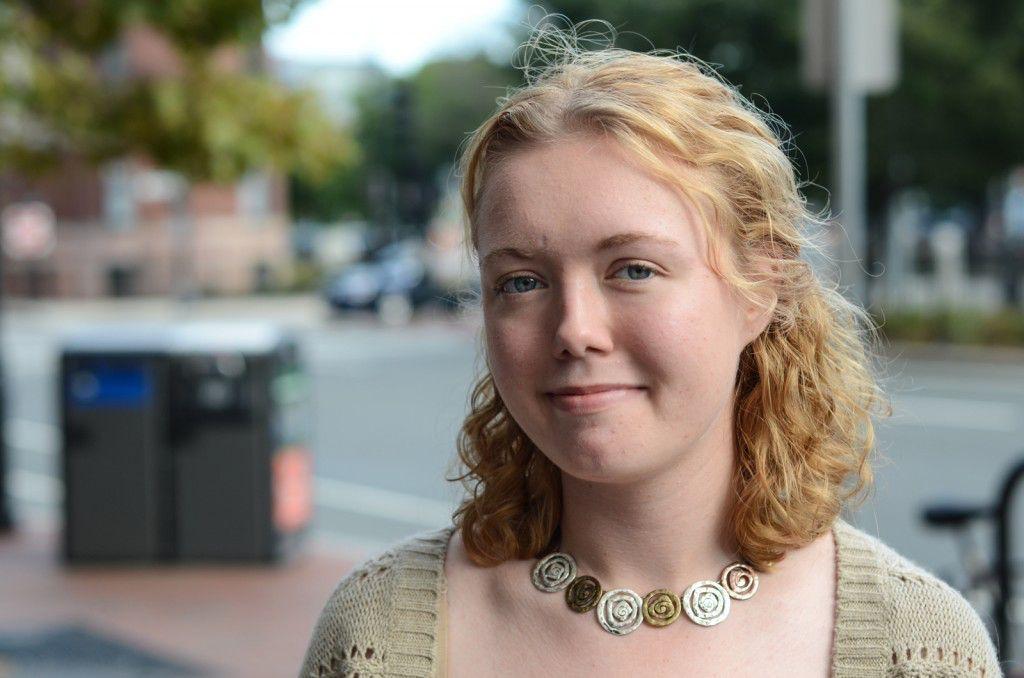We live in a digital era with a 24-hour news cycle that never sleeps. There are email updates, push notifications and an endless stream of tweets to sift through from the moment the alarm goes off to those last minutes before we put the smartphone down at night. For the first time in history, we have more data and information than we know what to do with. Wikipedia can tell you more about Kim Kardashian than you ever needed to know and Twitter promises infinite amounts of information, broken down into 140-character packages.
While there might be far too much news that we cannot begin to fully comprehend, most of us gravitate toward the same sources. We look to the Jon Stewarts and the Katie Courics of the world. We follow the reporters who have the biggest names or the most retweeted stories. The problem with this system is that we aren’t looking for the right news sources.
StatSocial, a company that breaks down massive social media datasets for public consumption, put together a list of the most influential political journalists and bloggers, based on their Twitter accounts. Rather than just looking at which writers had the most followers, StatSocial also looked at what other accounts those followers were following and how influential they were. They also looked at where these followers fell on the political spectrum. CNN’s Anderson Cooper was ranked the most influential, followed by Rachel Maddow of MSNBC and Jake Tapper, also of CNN. However, beyond the top three, a pattern emerges: 35 out of the 50 most influential political writers are white men.
Before I dive into this topic a little more, there are a few concessions I’d like to make. Perhaps most importantly, I, a white female, am not the most qualified to be writing this piece. Especially when you consider that I write for a newspaper whose two main political columnists are white people. Clearly, there’s room for improvement here in the political department at The Daily Free Press as well. Second, a person’s Twitter following does not show the complete picture. This metric by StatSocial is just one of many, but it does provide a clear quantitative methodology that goes beyond the simplicity of who has the most followers.
No industry has a more pervasive influence on our lives than the media industry. Journalists create the lenses we look at the world through. While all reporters are supposed to be unbiased in their coverage of a story, they still choose the angle, hone the narrative and craft an argument. If 10 reporters covered the same story, there would probably be five or six different approaches.
This is why we need diverse voices in front of the cameras, on the front page and behind the blogs. As a society, we want as many perspectives as possible. It’s boring, and even dangerous, to only hear the perspectives of one subset of the population, especially when that subset has the fewest institutional barriers to success. It’s a perspective we’ve heard since the beginning of journalism. Maybe it’s time to hear some new ones.
We need to highlight the maximum number of unique voices. The only way to attempt to understand the problems others face is to hear them. We’re all guilty of forgetting to listen sometimes, and just because these political journalists speak for a living doesn’t mean we’re not obligated to seek out as many informed opinions as possible. As media consumers, we should feel an obligation; freedom of speech is a right that shouldn’t be taken lightly. We have all of these voices willing to speak, so why are we only listening to 40 percent of the population?
We will never be able to fully comprehend the struggles we have not faced. It’s an insult to the experiences of others to pretend that we know what they’re going through. The best we can do is listen, and right now, we’re not even managing that.
Surprisingly, there is a solution. It’s a Band-Aid over a bullet hole and a short-term view on a centuries-old issue, but it’s still a solution. Journalists’ influence is based on who is reading their stories. We as the readers dictate who has power and who doesn’t. The solution, then, is to open up our minds and our Twitter feeds. Follow more journalists. Read more new media. Find writers who expand your horizons. Learn more about the people whose voices aren’t heard enough.
I could give you suggestions, but I think that would defeat the purpose. This should be a personal journey into the depths of social media. Look for people you disagree with and people who don’t share your background. Look for the journalists who are writing the pieces that cause you to question your beliefs. Then follow them.
























































































































White Man • Apr 24, 2015 at 10:29 am
All white men have the same opinions. We need diversity.